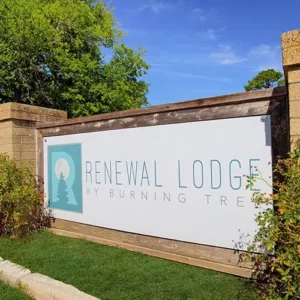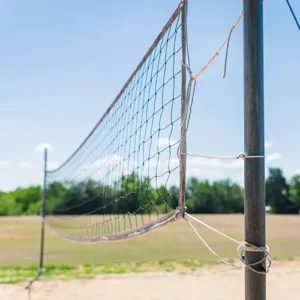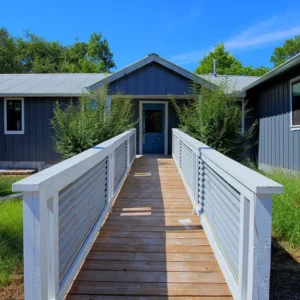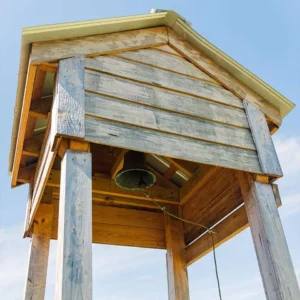Inpatient Rehab for Opioid Addiction
Originating from the misuse of prescription painkillers, heroin, or synthetic opioids like fentanyl, addiction wreaks havoc on individuals’ physical and mental well-being. It imposes significant social and economic burdens on society at large.
As overdose rates continue to climb, leaving families shattered and communities distraught, it becomes paramount to emphasize the criticality of seeking timely and effective treatment for opioid addiction. The journey towards recovery not only liberates individuals from the chains of addiction but also contributes to restoring the health and fabric of our society.
What is Opioid Addiction?
Opioid addiction is a chronic medical condition characterized by a compulsive and often uncontrollable use of opioid drugs despite harmful consequences. Opioids, which include prescribed medications such as hydrocodone, oxycodone, and morphine, along with illicit substances like heroin and fentanyl, function by connecting to certain brain receptors, inducing both euphoria and pain alleviation. Over time and with continued use, an individual’s brain can come to rely on these drugs to feel pleasure and prevent painful withdrawal symptoms.
As tolerance builds, a person may consume elevated dosages of the drug to achieve the intended effects, leading to physical and psychological dependence. This complex interplay between brain chemistry, behavior, and the external environment culminates in opioid addiction, making it a challenge that extends beyond mere willpower, often necessitating medical intervention and comprehensive treatment.
Signs of Opioid Addiction
Signs of opioid addiction manifest in various physical, behavioral, and psychological symptoms. These indicators can be crucial in identifying opioid misuse and seeking timely intervention. Some of the most evident signs include:
























Importance of Seeking Treatment for Opioid Addiction
Opioid addiction, left untreated, can have devastating consequences, not only jeopardizing the physical health of an individual but also severely impacting mental well-being, relationships, and overall quality of life. Chronic use of opioids can lead to fatal overdoses, especially given the risk of contaminants or more potent opioids like fentanyl being present in street drugs. Beyond the immediate health risks, opioid addiction can erode personal relationships, lead to job losses, and drive individuals into legal trouble.
By seeking treatment, individuals are given the tools and support necessary to reclaim their lives, restore their health, and rebuild relationships. Moreover, timely intervention reduces the strain on societal resources, including healthcare and criminal justice systems, and aids in creating a healthier, more cohesive community.
Treatment Options for Opioid Addiction at Renewal Lodge
Residential Treatment Program
Clients reside at the facility and receive intensive therapeutic interventions, group therapy sessions, and holistic treatments in a structured environment.
Individual and Group Therapy
Focused on addressing the psychological aspects of addiction, these sessions enable clients to confront the underlying causes of their dependence, develop coping mechanisms, and foster peer support.
Dual Diagnosis Treatment Program
Our Dual Diagnosis Treatment Program delves deeper, addressing not just opioid dependency but also co-occurring mental health conditions, ensuring a comprehensive healing process.
Holistic Therapies
Incorporating Holistic Therapies such as yoga, meditation, and art therapy, these approaches aim to treat the whole person – mind, body, and spirit.
Family Therapy
Addiction affects not only the individual but the entire family. Through family therapy sessions, families learn about addiction, its effects, and how to support their loved one’s recovery journey.
Aftercare and Alumni Programs
Recovery is a lifelong journey. Renewal Lodge ensures continued support through aftercare programs, alumni networks, and regular check-ins to help clients maintain sobriety.
Opioid Addiction Treatment
The multifaceted approach at Renewal Lodge underscores our belief that recovery from opioid addiction is not a one-size-fits-all journey but a personalized path that caters to each individual’s unique needs and challenges.
At Renewal Lodge, we’re here to support, guide, and walk alongside you on your journey to recovery. Don’t let opioid addiction dictate your life’s story; reclaim control and rediscover the joy of living. Reach out to us today, and let’s embark on the path to renewal together.


